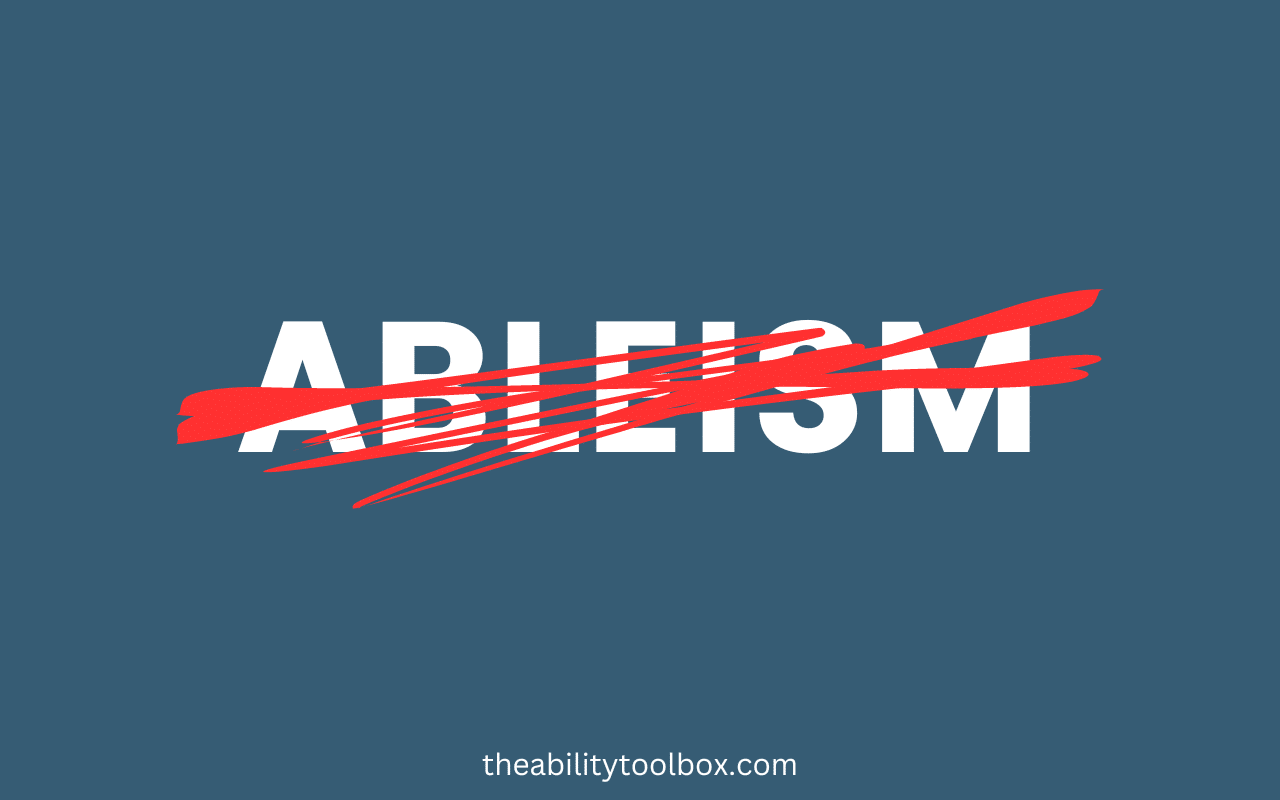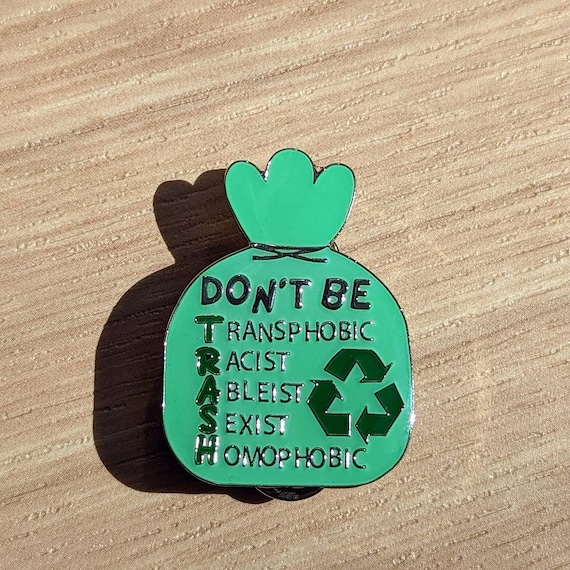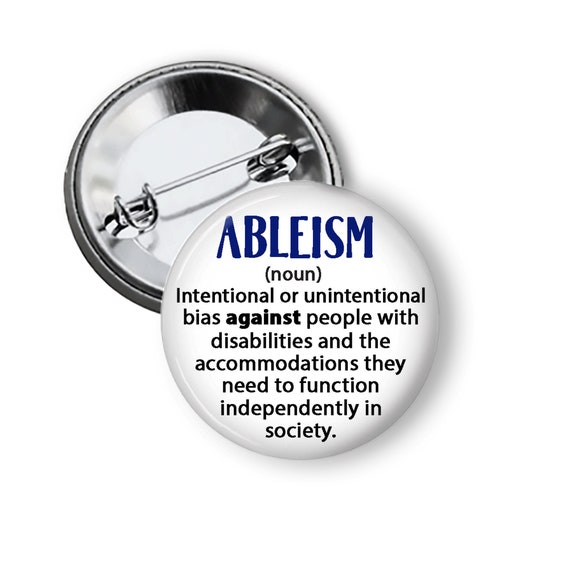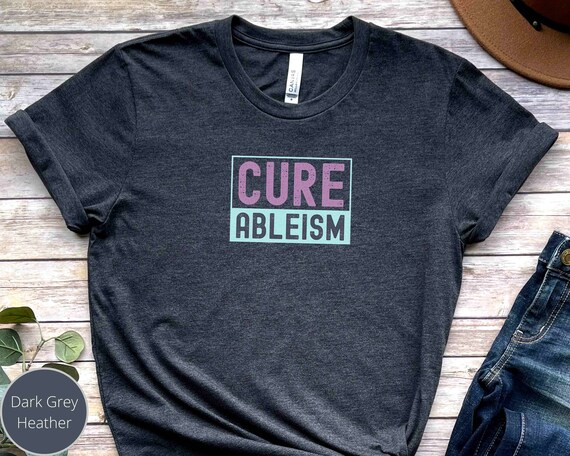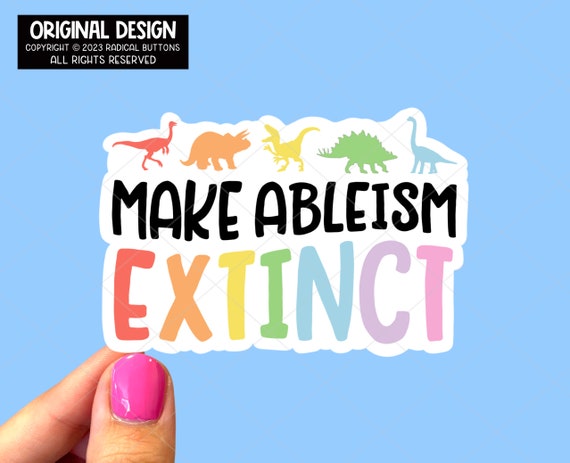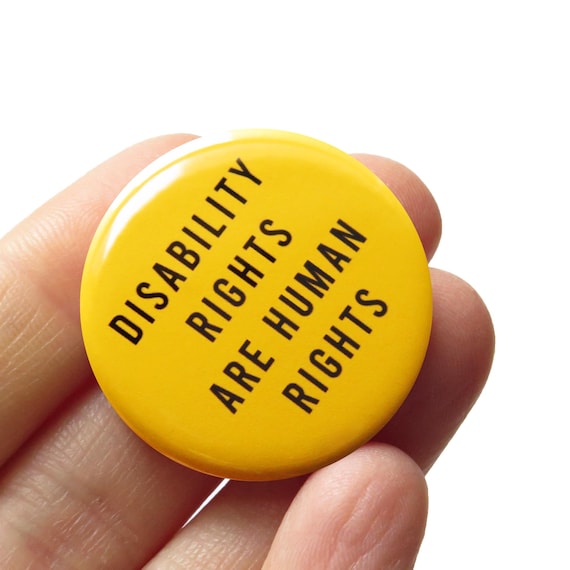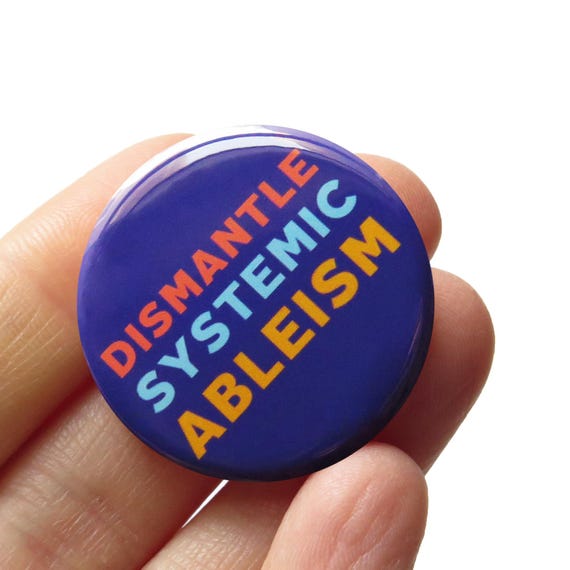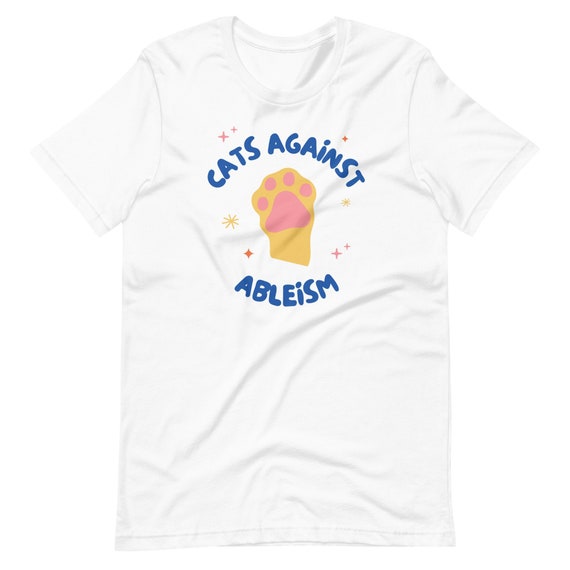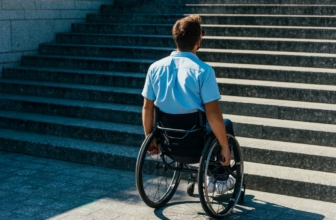Have you ever felt like your life was more difficult because of a disability or chronic illness? Maybe you’ve been treated unfairly in the workplace or had difficulty accessing services, education, or other opportunities. If so, then you may have experienced ableism.
Ableism is a form of discrimination that can affect individuals with disabilities and chronic illnesses in both subtle and overt ways. In this article, we’ll explore what ableism is, how it affects those with chronic illnesses, and provide some tips for dealing with it.
What is ableism?
We’ve all heard of racism, sexism, and other forms of discrimination. But have you ever heard of ableism? Ableism is defined as discrimination against people with disabilities, (including chronic and mental illnesses) based on the assumption that they are less capable than other people. Discrimination against people with mental illnesses is a form of ableism and is also known as sanism.
Ableism often manifests in language – such as using offensive words like “retarded” or “crippled” – and the perception that those with disabilities should be pitied rather than accepted and respected as equals.
This discrimination can manifest itself in many different ways, from subtle microaggressions like assuming someone isn’t capable of certain tasks because they have a disability, to outright exclusion from activities and opportunities such as denying someone access to services or resources due to their disability.
For example, a person might be denied access to medical care due to their disability status; a student may not be given the same educational opportunities as their peers; a job applicant might be turned down for an interview because of their illness; or someone may experience negative comments about their physical appearance.
All of these examples contribute to ableism in our society. The term “ableist” is often used to describe people who exhibit these kinds of discriminatory behavior towards disabled individuals.
How does ableism affect people with chronic illness?
The effects of ableism can be especially difficult for those living with chronic illnesses like fibromyalgia, lupus, multiple sclerosis, etc., who must deal not only with the physical symptoms but also the stigma associated with their condition. People who are struggling with pain, fatigue, and other debilitating symptoms are frequently told “you don't look sick” and “you're not disabled enough” because their disabilities are invisible.
In addition to facing assumptions about their capabilities or lack thereof, people with chronic illnesses may also have difficulty accessing services such as health care and education due to a lack of awareness or resources allocated specifically for people with disabilities or chronic illnesses. They may experience medical gaslighting and struggle to get disability benefits and support services.
Ableism can have both direct and indirect effects on people with chronic illnesses. On an individual level, ableism leads to feelings of stress, isolation, rejection, shame, and devaluation. These feelings can be very damaging to your self-esteem and can lead to depression and anxiety.
On a larger scale, systematic ableism contributes to the marginalization of disabled individuals by denying them equal opportunities in employment, education, healthcare services, and other aspects of life.
6 Tips to Deal with Ableism
1. Educate yourself about ableism and disability rights.
The first step in dealing with any form of discrimination is understanding what it is and how it affects those around us. Taking the time to educate yourself on issues surrounding ableism helps you recognize when it is happening so that you can take steps to address it in yourself and others around you.
2. Speak up when you encounter ableist comments and discriminatory behavior.
If someone says something offensive towards you or another person living with a disability, chronic illness, or mental illness, speak up! Self-advocacy matters. Letting people know that their words are hurtful and not acceptable helps create awareness about how damaging stereotypes can be for those affected by them.
3. Seek support when coping with systemic ableism gets you down.
When dealing with discrimination, it is important to remember that you are not alone! Reach out for support from friends or family members who understand what you are going through or join an online community where people share similar experiences as yours.
4. Take breaks and practice self-care.
As hard as it may be at times don’t forget the importance of self-care! Take time for yourself whenever possible; whether that means taking a hot bath once a week or going for a walk outside—whatever makes you feel good do more of that.
5. Get involved with advocacy and activism.
Reach out to organizations like Disability Rights International (DRI) that are dedicated to advocating for disabled people’s rights worldwide and fighting against discriminatory practices such as ableism.
6. Celebrate your abilities and the abilities of others.
Finally, remember that everyone has something unique to offer; don’t let anyone tell you otherwise! We all have strengths and weaknesses – celebrating our differences rather than ignoring them helps create a more inclusive world for all of us.
Conclusion
Though it’s not always easy, the best way to deal with ableism is to educate yourself and others about the reality of living with a chronic illness, disability, or mental illness. You can start by learning more about ableism and how it affects people by reading more articles here on The Ability Toolbox and other disabled-owned websites.
Once you have a better understanding of the issue, you can begin working on ways to challenge ableist attitudes and ideas. With education and awareness, we can all work together to break down the barriers created by ableism.
I hope this blog post was able to provide some insights into ableism and how it affects people with chronic illnesses. If you found yourself struggling with any of the concepts or needing more personalized support, check out my programs.
Anti-Ableism Merch
Speak out against ableism by wearing these shirts, accessories, and more.
This section contains affiliate links. When you buy from these disabled-owned and other small businesses, you'll help them and us out!
I am a registered dietitian/nutritionist and CEO and founder of Nutrition With Susan. I provide personalized nutrition counseling to women with autoimmune disease. I was diagnosed with RA in 2017 and spent years trying to figure out how to get my life back. I’m currently symptom-free and want to help other women feel better too.

